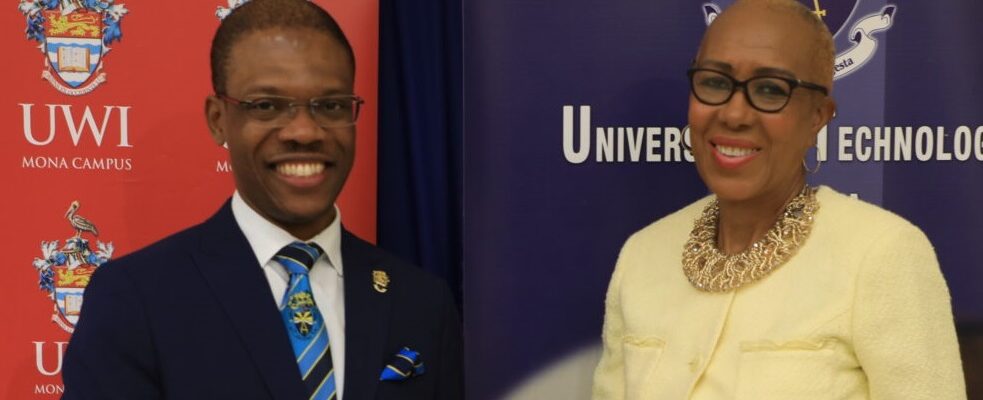
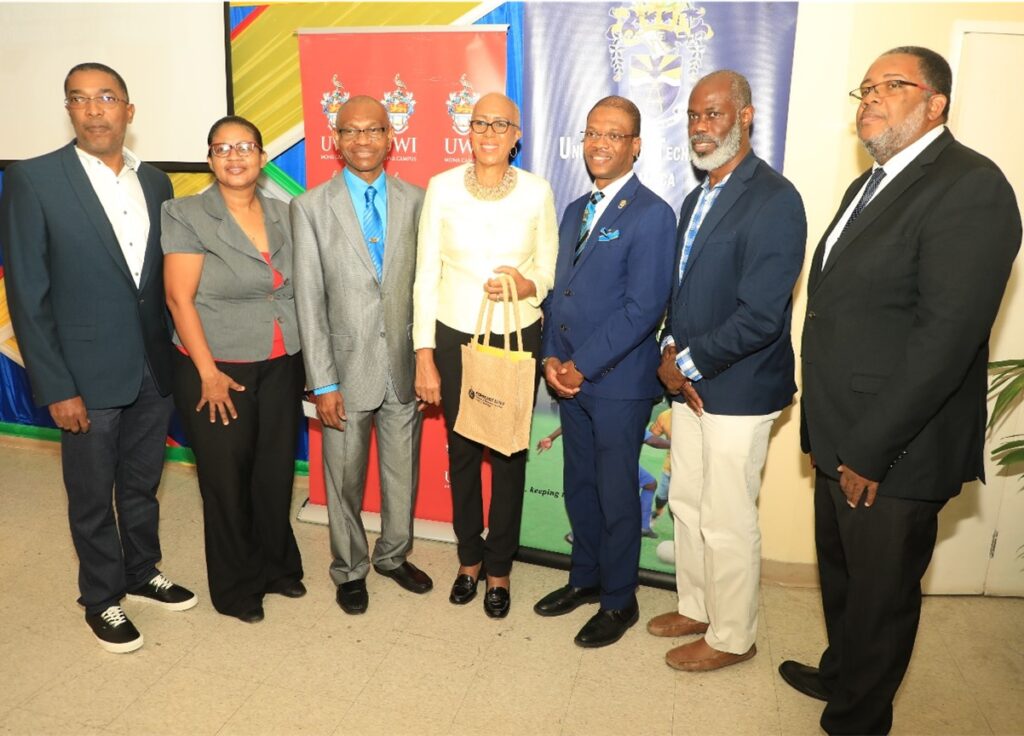
Dr Kevin Brown, president, University of Technology, Jamaica (UTech) noted that collaboration among tertiary institutions and financial investment in STEM research and education by CARICOM governments are crucial for the development of the Caribbean and for the ultimate transformation of the region into a “technological powerhouse.”
Speaking at the second biennial Frontiers of Research in Caribbean Science and Technology (FORECAST) 2024 Conference, held August 14 -16, at UTech’s Papine Campus, Dr Brown stated that technological development must be a “regional activity”.
“If we share our resources, share our talent, cognitive skills, physical and natural resources, I believe we could be unstoppable,” he explained.
To this end, he commended the working teams from UTech, The University of the West Indies (Mona, Cave Hill, St Augustine campuses), The University of Trinidad and Tobago, and the University of Guyana for partnering to host FORECAST 2024, at which all stakeholders sought to explore opportunities for Advancing Science and Technology Innovation for National and Regional Development.
The STEM-based conference was jointly organised and executed by the science, sport and technology faculties of the partnering universities. It brought together industry leaders, researchers and policymakers in a hybrid setting, to unearth solutions towards addressing social and economic challenges in the region. The initiative also served to forge partnerships capable of propelling science and technology to new heights.
The event featured 30 oral presentations, 14 poster presentations, 5 plenary sessions, 4 workshops, an expert panel discussion by national and academic leaders as well as the 3rd Grand Innovation Challenge (GIC) in which, six student teams pitched scalable solutions for addressing critical issues threatening growth in the region. Among the matters discussed at this year’s conference were: climate change, innovation in health, food and cyber technologies as well as the role of artificial intelligence in innovation, research output and data protection.
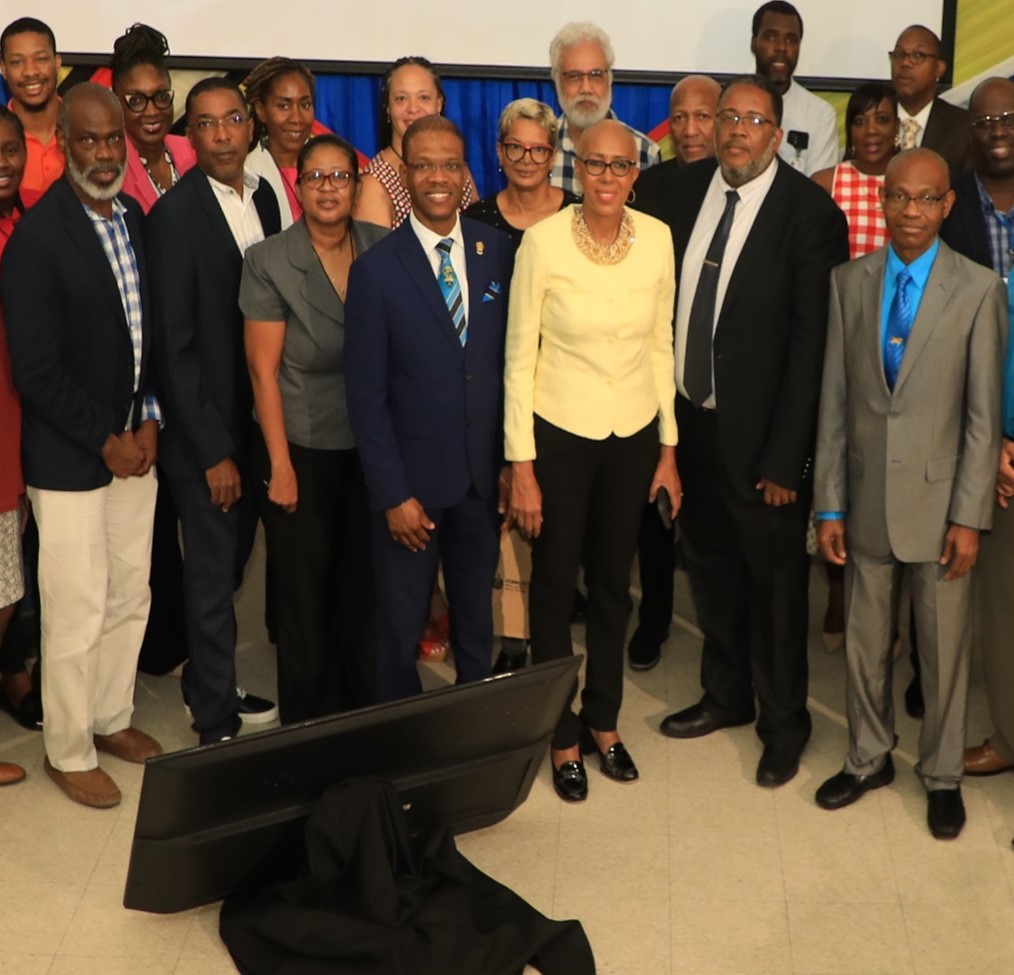
While acknowledging that Caribbean territories have done well in tourism, Dr Brown stated that countries within the region need to add technology to their repertoire of lucrative economic products.
“We have to be known for tourism, we have to be known for agriculture, reggae music, athletics, but we also have to be known for science and technology: that has to be the next pivot point,” stated Dr Brown.
The UTech president also stated that achieving sustainable development in the region through science, technology, engineering and mathematics (STEM) will require leading support from the Government.
“Our governments have to now decide that this is where we are going to position our nation…collaborate with whosoever wants to work with us…move forward…find the funds and invest in technology,” he stated.
Dr Brown added that the Government’s commitment to ensuring that universities are fully resourced to facilitate STEM research and teaching will be critical along the journey.
“The Government has a role to play. We as universities have a role to play and I believe that if we have that commitment the Caribbean will be known as a technological powerhouse” he stated.
He also underscored the significance of engaging individuals within the diaspora noting that many alumni from regional universities want to give back to their countries.
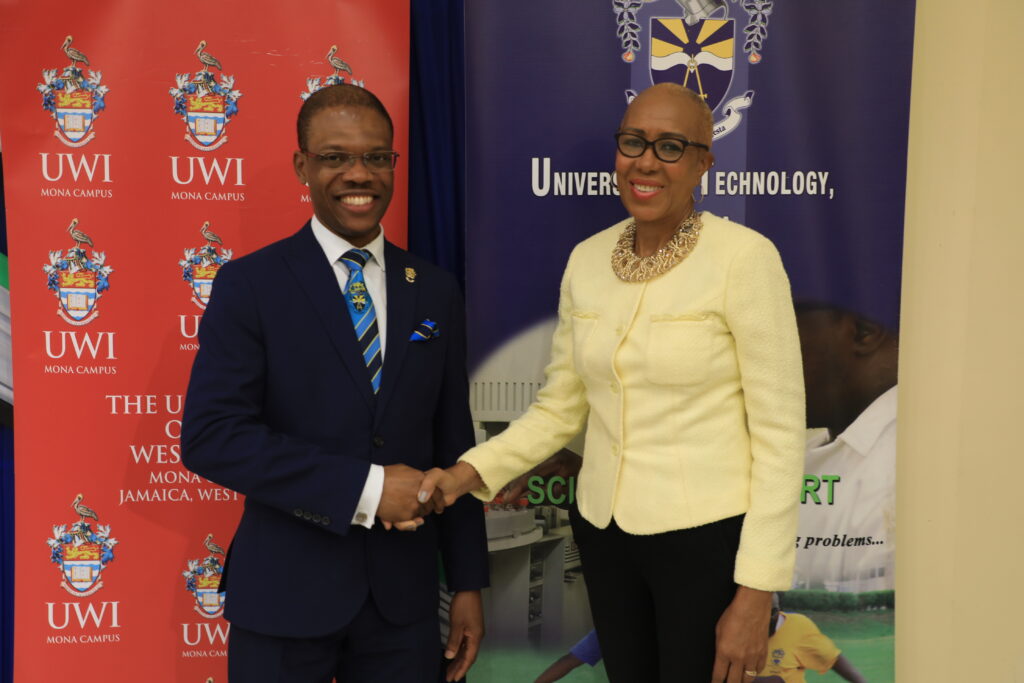
Dr Marcia Blair-Thomas, chair, organising committee, FORECAST 2024 Conference and lecturer in the Faculty of Science and Sport at UTech, noted that the committee was pleased to have expanded the partnership to the University of Guyana and The University of Trinidad and Tobago. She stated that the partnership signals “a very important step” towards the strengthening of research and development initiatives that are required to drive productivity further afield in the region.
Dr Blair-Thomas also indicated that the execution of various activities during the three-day conference was “in recognition of the critical role of scientific and technological research and innovation in the economic growth and sustainable development of our individual nations and the Caribbean region as a whole.”
Dean, Faculty of Science and Sport, University of Technology, Jamaica, Professor Samson Omoregie noted that “the conference has shown to the various players that we have the capacity to cooperate”. He added that “for us to be big players in the world of technology, we must ensure that we have the ability to create knowledge and the space to move forward technologically and economically.
For Omoregie, FORECAST 2024 was an opportunity for Caribbean countries to align their “innovations, discoveries, and inventions on a synthetic platform to enhance transformational development and economic growth.”
Minister of Education and Youth Fayval Williams, who delivered the keynote address on behalf Prime Minister Andrew Holness, lauded the partnering universities for what she described as “a shared vision to leverage science and technology as catalysts for sustainable development.”
Further describing science and technology as “the cornerstone of our future”, Minister Williams stated that many of the issues confronting the Caribbean require “innovative research-driven solutions that can only emerge from robust collaborations.”
While outlining that there is a grand opportunity to promote the digital transformation of Caribbean economies through e-governance, cyber security and digital literacy, the education minister remarked that, “It is also an imperative that we continue to research and bring to commercial viability, technologies and practices that promote energy efficiency in industries, in homes and transportation across the region.”
Williams also noted that the Government is committed to supporting research and innovation and urged the universities to embrace collaboration to resolve the interconnected challenges in the Caribbean.
Professor Marvin Reid, deputy principal, The University of the West Indies, Mona, noted that economic growth and national development “will be a function of the maturity of the science and technological systems and infrastructure of our countries.” He stressed that Caribbean territories are at risk of being perpetual consumers of technology rather than being producers.
While attributing the threat of unproductivity in innovation in the Caribbean to poor science education, lack of economic investment and both geopolitical and historical factors, Professor Reid highlighted ways in which to reverse the trajectory. This, he outlined, must include “the training of STEM teachers and the development of practical curriculum that facilitates experimentation” which he said, is the “foundation of innovation.”
Professor Reid also proposed the restructuring of the regional economies which allows manufacturing and innovation to contribute to a greater proportion of the countries’ gross domestic product. He noted that this will require a four-corner agreement with universities, the government, the public and private sectors to attract and develop the talents needed to fill STEM gaps.
Professor Paloma Mohamed, Vice Chancellor, University of Guyana shared that teaching and learning must be streamlined to produce the specific outcomes needed for regional growth.
“We cannot wait until the students reach our level in tertiary education to begin to channel them towards STEM” Professor Mohamed stated. “I have been advocating for the last couple of years, for a stream in high schools that focuses on technology, and I have been making the distinction between the study of science and the application of science which gives us the technologies that we need to solve the problems of the world.”
The Vice Chancellor also stated that subjects such as Chemistry, Physics, Biology and Integrated Science need to be augmented by an approach that places science as the basis for technology learning. She stated that there is a need for equal teacher training approach that focuses on getting teachers who are less technologically aware, to grow comfortable with learning about and teaching technology related skills to students.
The three-day conference concluded on Friday, August 16 with a Closing and Awards Ceremony at which student team, InnovaTech from The University of the West Indies, Mona, was named champion of the Grand Innovation Challenge (GIC) and received the winning prize of US$3,000. Innova-Tech also won the GIC’s People’s Choice Award of US$500. The GIC second-place prize of US$1,500 went to Marcus Garvey Technical High School team, Impact Innovators who also won the competition’s Best High School Award of US$500. UTech, Ja. team, ‘Elemninetic’ Solutions was placed 3rd and received the cash prize of US$750.
Several FORECAST 2024 conference presenters were also awarded during the closing ceremony. They included Miss Desireina Delancy from The University of the West Indies, Mona who received the 2024 FORECAST Conference award for Best Oral Presentation. Miss Shahane Stevenson, Mr. Waqar Walters and Miss Chantal Simmonds were placed 1st, 2nd, and 3rd respectively in the Best Poster Presentation Award category.

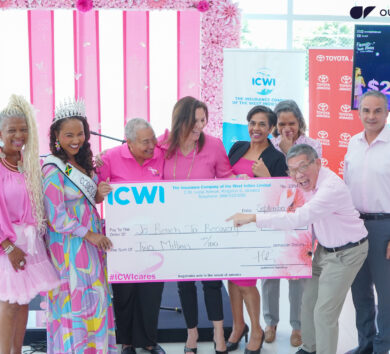
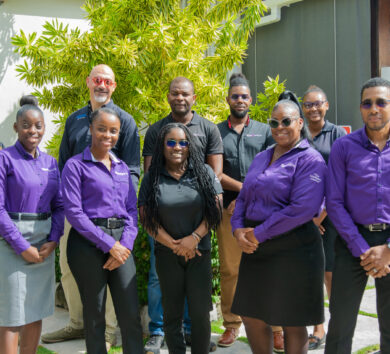

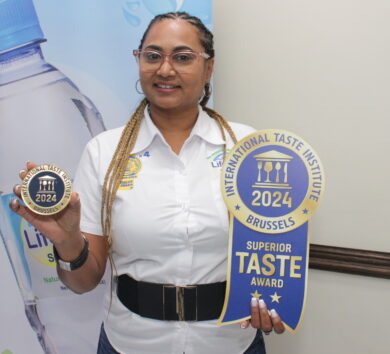
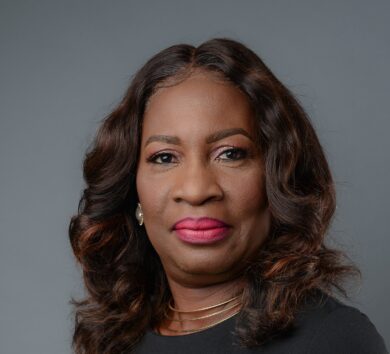
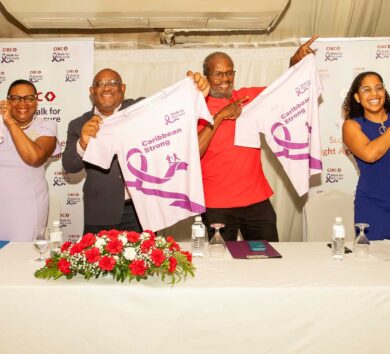
Comments